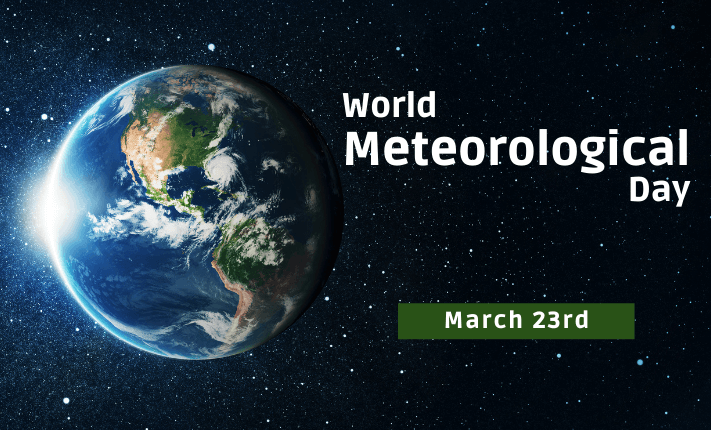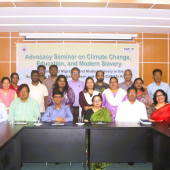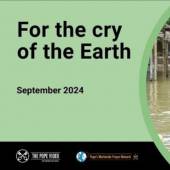Early Warning and Early Action to Avoid Climatic Changes

World Meteorological Day on March 23
The theme of World Meteorological Day 2022 is “Early Warning and Early Action.” It emphasizes the crucial role hydro-meteorological and climate information plays in disaster risk reduction.
The United Nations observes World Meteorological Day in honour of the creation of the World Health Organization (WHO), emphasizing the signs of long-term climatic changes.
Meteorological services are designed to facilitate international cooperation, facilitate rapid dissemination of weather information, enhance standardization of meteorological data, and develop cooperative working between meteorological and hydrological services.
It also promotes research in meteorology and facilitates the extension of meteorology to other sectors, including aviation, shipping, agriculture, and water management.
By 2030, World Meteorological Day envisions a world particularly the most vulnerable nations become more resilient to extreme weather and climate events.
Sustainable development can be achieved through the highest possible services.
Laudato si' Pope Francis’ encyclical in 2015 on care for our common home, Laudato si' outlines climate change as a "common good, belonging to all and meant for all."
Pope Francis calls for greater attention to waste reduction and the moral, social and economic consequences of human impact on the natural world.
The World Meteorological Organization (WMO) was founded in Geneva, Switzerland, on March 23, 1950. The organization began in 1873 during the Vienna International Meteorological Congress. It has 193 member countries.
The world weather organization was established by ratifying the WMO Convention, which facilitated information exchange across national boundaries.
Every year, National Meteorological Day serves as a reminder of its critical role in public health and safety, raising awareness on many issues facing our planet worldwide.
Climate change is causing weather, climate, and water extremes to become more frequent and intense worldwide.
The expanding population, urbanization, and environmental degradation are all causing us to be more exposed to related hazards.
There needs to be better coordination between national meteorological and hydrological services, disaster management agencies and development agencies to improve prevention, preparedness and response to disasters.
COVID-19 has weakened the coping mechanisms of society and complex society's challenges. In our interconnected world, the pandemic also highlights the need to adopt a multi-hazard, cross-border approach to meet global goals on climate action, disaster risk reduction and sustainable development.
The ability to act at the right time, in the right place, can save many lives and protect communities worldwide, now and in the future.
Radio Veritas Asia (RVA), a media platform of the Catholic Church, aims to share Christ. RVA started in 1969 as a continental Catholic radio station to serve Asian countries in their respective local language, thus earning the tag “the Voice of Asian Christianity.” Responding to the emerging context, RVA embraced media platforms to connect with the global Asian audience via its 21 language websites and various social media platforms.














